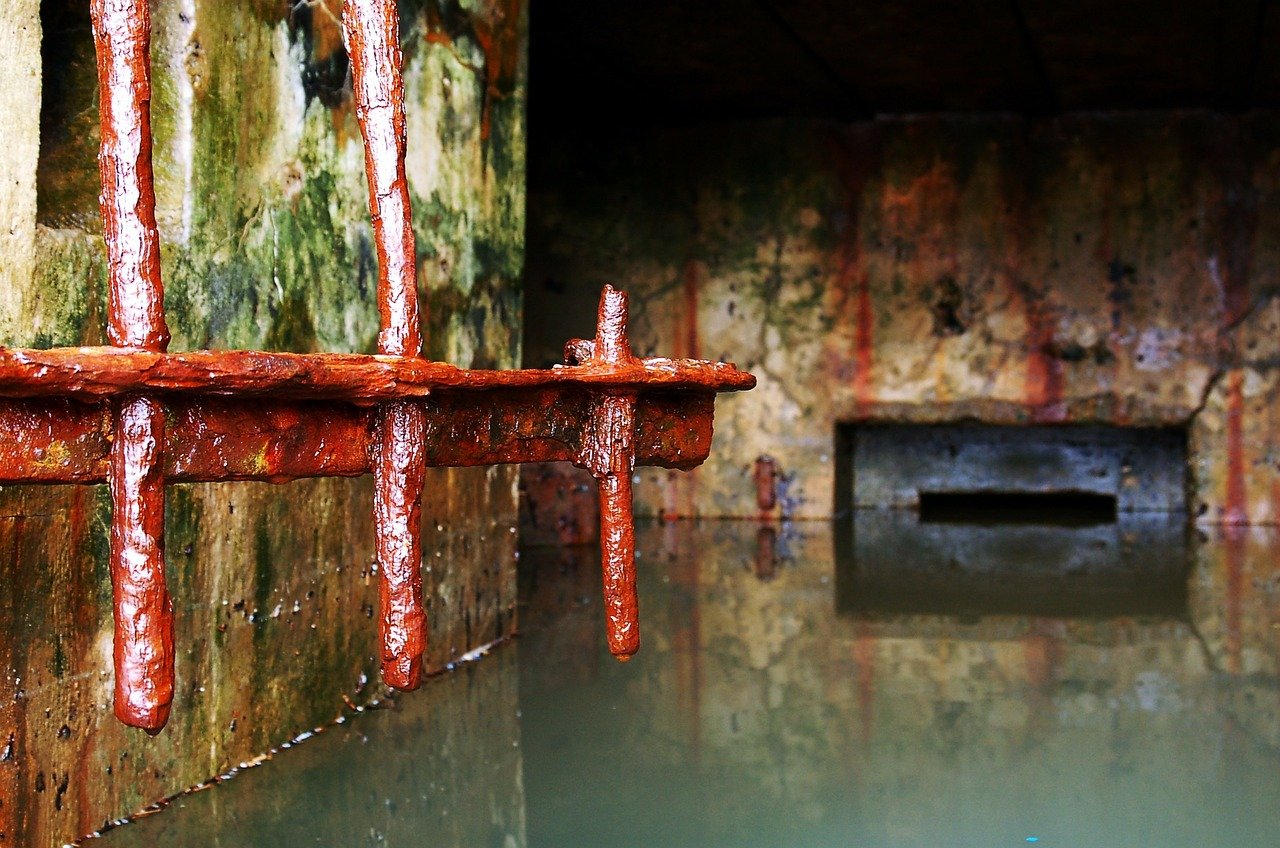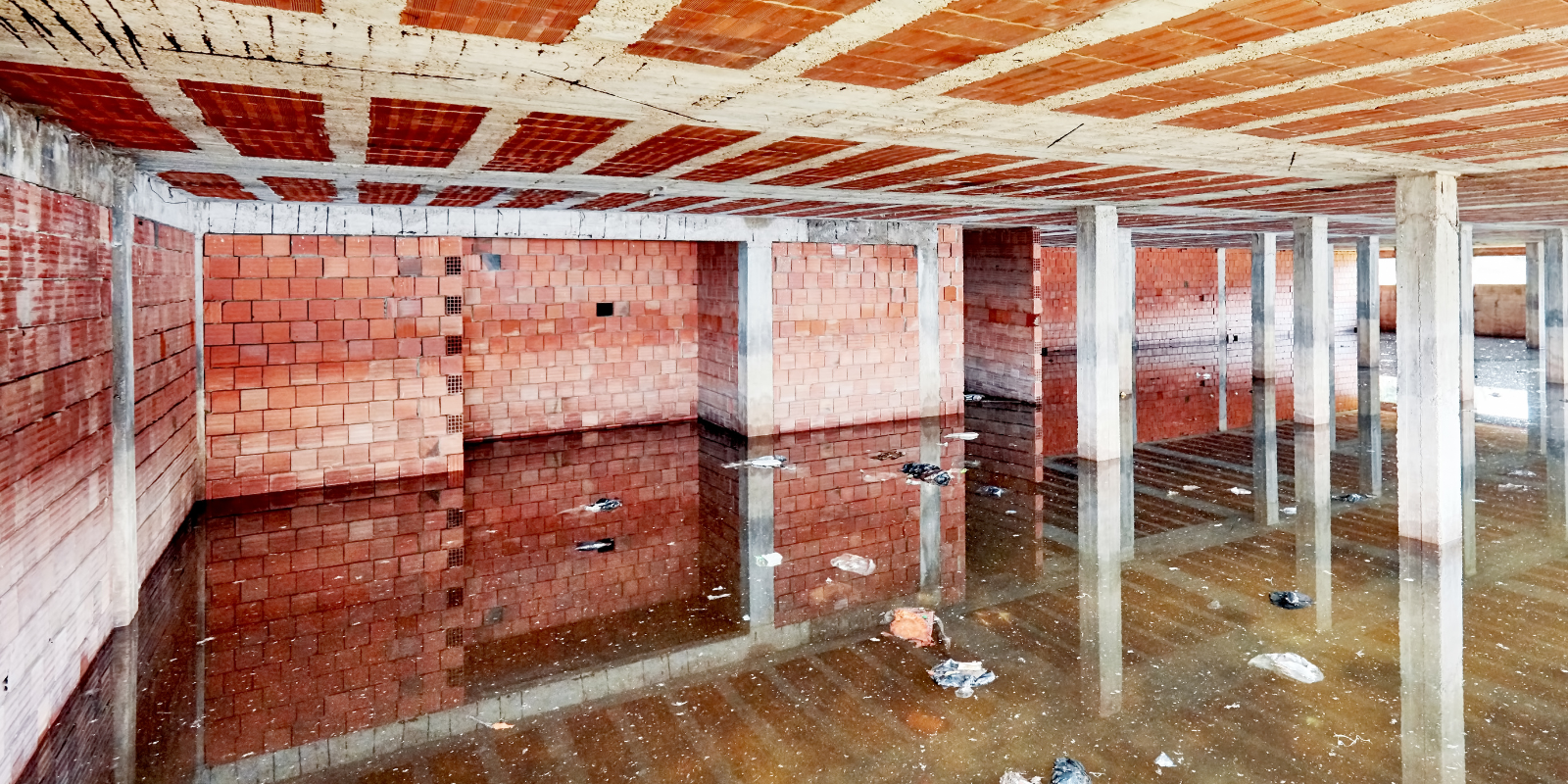
What To Do When Sewage Backs Up Into House? Tips, Dangers Of Sewage, Who To Call When Sewage Backs Up And More
By: 911 Water Damage Experts
Experiencing a sewage backup in your home can be a distressing and hazardous situation.
It is crucial to take immediate action to minimize damage and ensure the safety of your family and property.
In this article, we will provide you with essential tips on what to do when sewage backs up into your house, highlight the dangers associated with sewage, discuss who to call for assistance, and answer frequently asked questions.
Let’s get right into it.
1. Act Quickly And Safely
When sewage backs up into your home, it is important to act swiftly while prioritizing your safety.
Follow these steps:
Evacuate: If the situation is severe or you feel unsafe, evacuate your home immediately. Move to a safe location away from the contaminated area.
Avoid direct contact: Sewage contains harmful pathogens, bacteria, and chemicals. Avoid direct contact with contaminated water to minimize health risks.
Turn off electrical power: If the sewage backup is significant and reaches electrical outlets or appliances, turn off the electricity at the main breaker panel to prevent electrical hazards.
Open windows and doors: Promote ventilation by opening windows and doors to help remove foul odors and improve air circulation.
2. Understand The Dangers Of Sewage
Sewage poses various risks to your health and property.
Understanding these dangers is crucial for handling the situation effectively.
Health hazards: Sewage carries harmful microorganisms, including bacteria, viruses, and parasites, which can cause serious illnesses such as gastroenteritis, hepatitis, and respiratory infections.
Structural damage: Sewage backups can cause extensive damage to your home’s structure, flooring, walls, and personal belongings. The longer the exposure, the higher the risk of structural integrity being compromised.
Contamination: Sewage water can infiltrate porous materials, leading to long-lasting contamination issues and unpleasant odors if not appropriately addressed.
3. Who To Call When Sewage Backs Up
When dealing with a sewage backup, it is crucial to contact the appropriate professionals to handle the situation effectively:
Licensed plumbers: A licensed plumber should be your first point of contact. They can identify and fix the cause of the sewage backup, such as a blocked drain or malfunctioning septic system.
Water damage restoration specialists: These professionals specialize in safely and effectively removing sewage water, sanitizing the affected areas, and restoring your home to a habitable condition.
Health authorities: In some cases, it may be necessary to inform your local health authorities about the situation, especially if it poses a public health risk or affects multiple properties.
Frequently Asked Questions
How can I prevent sewage backups?
Regular maintenance of your plumbing system, including drain cleaning, inspections, and proper waste disposal practices, can help prevent sewage backups. Avoid flushing items such as diapers, wipes, grease, or feminine hygiene products down the toilet.
Can I clean up sewage on my own?
It is highly recommended to seek professional help for sewage cleanup due to the associated health risks and technical expertise required. Professionals have the necessary equipment and knowledge to handle the situation safely and effectively.
Will insurance cover sewage backups?
Insurance coverage for sewage backups may vary. Review your insurance policy or contact your insurance provider to understand the extent of coverage and any specific requirements for filing a claim.
How do I stop sewer water from backing up into my basement?
To prevent sewer water from backing up into your basement, you can take the following steps:
- Install a backwater valve: A backwater valve allows sewage to flow out but prevents it from flowing back into your basement. It should be installed by a professional plumber.
- Maintain your sewer system: Regularly inspect and maintain your sewer system, including clearing any blockages or tree roots that may impede the flow of sewage.
- Avoid flushing inappropriate items: Ensure that you only flush toilet paper and human waste down the toilet, as other items can clog the pipes and lead to backups.
Will a sump pump prevent sewage backup?
No, a sump pump is not designed to prevent sewage backup. A sump pump is typically used to remove water that accumulates in a sump pit or basement due to rainwater, groundwater, or other sources. To prevent sewage backup, installing a backwater valve is a more appropriate solution.
Why does my sewage line keep backing up?
There can be several reasons why your sewage line keeps backing up, including:
- Clogs: Buildup of debris, grease, or foreign objects can cause blockages in the sewer line.
- Tree root intrusion: Tree roots seeking moisture and nutrients can penetrate sewer pipes and cause blockages or damage.
- Structural issues: Cracked or collapsed sewer pipes can lead to backups.
- Insufficient pipe slope: If the sewer pipes don’t have enough slope, it can impede the flow and cause backups.
Why is my basement backing up with poop?
If your basement is backing up with fecal matter, it indicates a significant sewage backup issue. Possible causes can include severe clogs, a blocked sewer line, or a malfunctioning septic system. It’s crucial to address this issue immediately by contacting a professional plumber or sewage system specialist.
Why does my sewage back up when it rains?
Sewage backups during rainfall can occur due to a couple of reasons:
- Overloaded sewer system: Heavy rainfall can overwhelm the sewer system’s capacity, causing water and sewage to back up into basements and lower levels of buildings.
- Infiltration and inflow: Cracks or leaks in sewer pipes can allow rainwater to enter the system, exceeding its capacity and leading to backups.
How do you stop sewer overflow?
To prevent sewer overflow, you can take the following measures:
- Proper maintenance: Regularly inspect and maintain your sewer system to identify and address any issues promptly.
- Avoid flushing inappropriate items: Dispose of hygiene products, grease, oil, and other non-flushable items in the trash, not the toilet or drains.
- Install backwater valves: Backwater valves can help prevent sewer water from flowing back into your property during backups.
- Manage stormwater: Ensure that rainwater and runoff are adequately managed, keeping them separate from the sewage system.
What prevents sewer gas from rising up through the drain and coming back into the house?
A trap, commonly found in plumbing systems, is designed to prevent sewer gas from rising up through drains and entering the house. A trap is a U-shaped bend in the pipe that holds water, creating a barrier that prevents the gas from passing through. This water barrier, also known as a water seal, acts as a barrier, allowing wastewater to flow while preventing sewer gases from entering living spaces.
What is the disadvantage of sump pumping?
While sump pumps can be beneficial for managing basement water issues, they do have a few potential disadvantages:
- Power dependency: Sump pumps rely on electricity to operate, so a power outage can render them ineffective.
- Mechanical failures: Like any mechanical device, sump pumps can experience failures, malfunctions, or wear and tear, which may require repairs or replacements.
- Limited scope: Sump pumps primarily address water accumulation issues and are not designed to prevent sewer backups or handle sewage-related problems.
Is it OK to leave a sump pump running?
Yes, it is generally safe to leave a sump pump running if it is in good working condition. Sump pumps are designed to automatically activate when water levels rise and turn off when the water is pumped out. However, it is advisable to periodically inspect the pump, ensure it has a backup power source in case of outages, and address any maintenance needs to keep it functioning properly.
What happens if you leave a sump pump running?
If a sump pump is left running, it will continue to remove water from the sump pit or basement. This can help prevent flooding and water damage. However, it is important to ensure that the pump is functioning correctly, has a backup power source in case of electrical outages, and is properly maintained to avoid any issues such as motor burnout or pump failure. Regular monitoring and maintenance are recommended to keep the sump pump running effectively.
Summary
Dealing with a sewage backup requires prompt action and professional assistance to minimize damage and ensure the safety of your home and family.
By following the tips provided, understanding the dangers associated with sewage, knowing who to call for help, and being aware of essential FAQs, you can handle this challenging situation with confidence and protect your property from further harm. Remember, always prioritize safety and rely on professionals to mitigate the risks associated with sewage backups.
If you have any questions about our article, “What To Do When Sewage Backs Up Into House? Tips, Dangers Of Sewage, Who To Call When Sewage Backs Up And More” or need storm restoration services feel free to call us at 1-833-WE-DRY-IT any time 24/7/365 or chat with us on LiveChat or social media.
Related Posts
Mould Removal Restoration Articles
5 Signs You Have Mould Growing In Your Walls
“Can I Remove Mould Myself?” Our Mould Removal Experts Have Answers
7 Must-Know Reasons Why You Should Get A Mould Inspection Before Buying A House
Does Mould Attract Bugs? Yes And Here’s What Kind And Why
How To Remove Mould From The Attic [Mould Prevention Tips Inside]
How Rain Causes Mould Growth-Prevention Tips Included
Must-Know Tips: How To Remove Mould In Your Basement
Water Damage Restoration Articles
How to prevent home storm damage
What you can expect from a fire damage restoration company
Water damage prevention tips from the most common problems we’ve seen
Top causes of water damage in commercial buildings and how to find them
Must-know water damage tips: What to do after your house floods
What does good water damage restoration look like?
DIY water damage restoration and the hidden dangers
How to choose the right water damage company
Flast floods: What to do before, during and after a flash flood
What to do when your attic leaks?
Fire Damage Restoration Articles
Fire prevention tips for the summer
How to clean up after a house fire
Fire damage restoration checklist
Fire damage tips: 6 hazards property owners miss
How smoke from fires can negatively affect your health
What are the most common causes of house fires?
10 helpful smoke damage cleaning tips
Related Water Damage Services
Fire damage restoration services
Water damage restoration services
Emergency cleanup services
Mould removal services
Weather damage services


